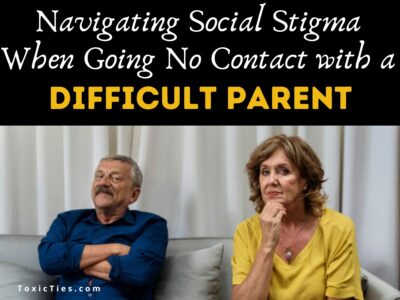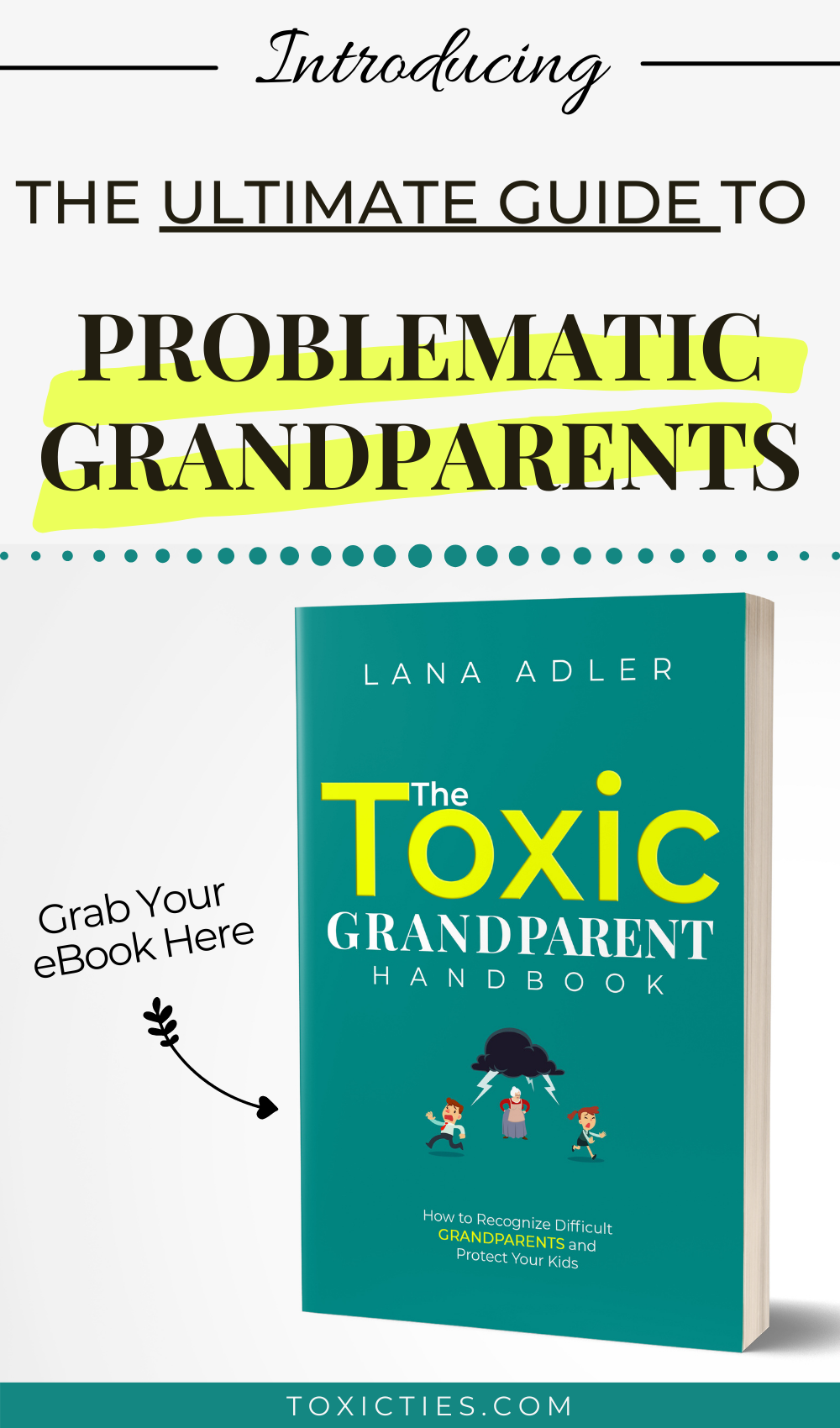This post outlines Narcissistic Personality Disorder and describes 10 signs you may be dealing with narcissistic sibling abuse.
Are you struggling in your relationship with your sister or brother?
We’re all bound to have tiffs with our siblings now and then. But if your relationship with your sibling has been draining, volatile, or painful for years, it might be due to more than just simple sibling rivalry. You could have an emotionally abusive sibling.
To understand and recognize the behavior of a narcissistic sibling, let’s look at what narcissism is.
What is Narcissistic Personality Disorder?
Narcissistic Personality Disorder (NPD) is a mental illness characterized by a pattern of
grandiosity, a need for admiration, and a lack of empathy that begins by early adulthood.
It’s not always pathological. A healthy form of narcissism is simply self-love and a natural human need to be noticed and appreciated.
But in pathological narcissism, the traits of self-centeredness and a need for recognition become extreme and even dangerous.
For example, people with NPD tend to exaggerate their skills and accomplishments as well as their level of intimacy with people they consider to be high-status.
They’ll often wear charming masks around others to garner attention. But beneath the mask, they’re deeply insecure and unable to engage in true emotional intimacy.
To cope with their feelings of shame, worthlessness, and insecurity, the narcissist convinces themself that they have it all together. They believe there’s nothing wrong with them so any problems in their relationships are others’ faults.
Because of this, a narcissistic person rarely seeks help and gets an actual diagnosis of NPD. This may be the case with your sibling.
Even if you suspect it, remember that it’s not your job to determine whether your sibling has NPD. It is also not your responsibility to “fix” your sibling.
Instead, you can use the following narcissistic sibling characteristics to help you identify a pattern of
abusive behavior, so you can protect yourself from further abuse.

10 Narcissistic Sibling Signs
1. The conversations are one-sided
Do your visits always revolve around your sibling’s life, never yours? Do you feel like an audience member rather than a mutual participant in the conversation?
Narcissists are known to be self-centered and incapable of empathy so it makes sense why they would be terrible at having a balanced discussion that isn’t centered around their problems or needs.
They tend to talk at you, not to you, and are usually oblivious to social cues that would tell them that you’re uncomfortable or wish to end the conversation.
2. They view you as a rival or a threat
Are they jealous of you or threatened by your success? Do they try to tear you down when you’re doing well? That’s a red flag for narcissism.
A narcissistic sibling won’t root for you. They’ll view your happiness as an affront to their superiority and try to poke holes in it.
It’s the same with narcissistic parents and their children. For example, a narcissistic mother is irrationally jealous of her daughter, so she’ll try to sabotage her and even harm her to be reassured of her superiority.
3. They’re entitled or controlling
Does your sibling take advantage of your parents’ generosity? Do they pout or withhold affection if they don’t get what they want?
Your sibling, like any other narcissist, sees others as a means to an end. They might threaten or manipulate the family to get what they want because, in the end, only their needs matter.
Your parents might be blind to your sibling’s narcissistic nature and always fall for their tricks.
4. They won’t apologize
Are you always the first one to make amends? Does your sibling refuse to take accountability for their actions? Do they play the blame game?
A narcissist is unwilling to admit any flaws or missteps. If they did, their entire false identity would unravel and they’d be faced with shame and self-loathing.
So one of the most common — and recognizable — signs of a narcissist is their inability or unwillingness to admit wrongdoing. That’s why a close relationship with a narcissist is always punctuated by frustration and suffering.
5. It all feels surface-level
Do your conversations with your sibling revolve around shallow subjects? Are they unable to get heartfelt about a topic or issue?
On the one hand, a narcissistic person lacks emotional depth and warmth. They are adept at imitating emotions but real emotions are not in their wheelhouse.
On the other hand, a narcissist fears their truth, so they won’t go deep with you. As a rule, they operate on a mixture of truths, half-truths, and outright lies fused together to fit their agenda.
The scary thing is, your sibling seems to believe their lies, even in the face of facts that contradict them. They will even pull other family members into their web, and those people will have no idea they’ve been duped by a narcissist.
6. They don’t respect your boundaries
Do you get the feeling your sibling sees you as an extension of themselves? Do they push your limits or invade your privacy?
Maybe they’ve always taken your things without asking or demanded unhealthy access to your time and energy.
They may call you on the phone and drone on and on about their day with no regard for your plans or schedule. Or they may barge in uninvited and unannounced and stay well past their welcome.
The common thing you may expect from these visits and phone calls is that they’ll use you as a “dump” for all their emotional garbage. In that sense, a narcissistic sibling is basically an emotional vampire.
7. They’re hypersensitive to criticism
Do they lash out in the face of constructive feedback? Do they twist your needs into a personal attack on them and their character?
Most narcissists are insufferable egotists with delusions of grandeur. But there’s also a painfully vulnerable side to them. When it comes down to it, narcissists have extremely thin skin.
Your sibling will always deflect and defend in the face of critique. Letting them know something they said or did was hurtful to you will be flipped back onto you.
8. They weaponize your vulnerability
Do they take jabs at you for your weaknesses? Do they take advantage of your kindness so they can use you?
Your siblings grew up with you, so they know your struggles and hardships. Instead of handling those parts of you with care, a narcissist will throw them back in your face, often when you’re at your most vulnerable.
Not only that, they’ll be completely oblivious to the pain they caused.
9. Is verbally abusive
If your sibling says hurtful and derogatory things when they’re mad at you, that’s verbal abuse.
A narcissist is often verbally abusive because they know just what to say to cut you the deepest.
For example, if you’re sensitive about your weight, a narcissistic sibling might habitually call you “fatty” or “Ms. Piggy” and then claim that they were joking.

10. Has “flying monkeys”
Narcissists are good at manipulating people’s perceptions of them.
If your sibling is selfish or abusive, not everyone will see them for who they are. Some will be their defenders, advocates, or “flying monkeys.”
“Flying monkeys” is the term that describes people who willingly (or unwillingly) do what the narcissist wants them to do, like the winged monkeys of the Wicked Witch of the West.
For example, if you choose to limit or cut contact with your sibling, some well-meaning family members might try to influence you on their behalf. They’ll think they’re acting on their own, but in fact, they’ve been manipulated to do your sibling’s bidding.

Final Thoughts
Engaging in a relationship with a narcissist at any point in your life can be demoralizing. But
when you’ve been living with one for most (if not all) of your life, the pain goes even deeper.
You may have felt pressure to make allowances for your sibling simply because they are your
sibling — even if their behavior towards you is disrespectful or downright abusive.
It may be tough to recognize your sibling’s treatment as abuse, especially because you’ve dealt
with it for so long. We tend to grow up thinking how our family members treat us represents how all people treat one another.
But if your sibling fits the picture of the above 10 signs of narcissism, you don’t have to tolerate their treatment.
Dealing with your narcissistic sibling may not be a walk in the park. But you deserve to be treated with kindness, love, respect, and dignity — whether someone is related to you or not.
NEXT
12 Ways to Create Emotional Distance From a Narcissist








Leave a Reply